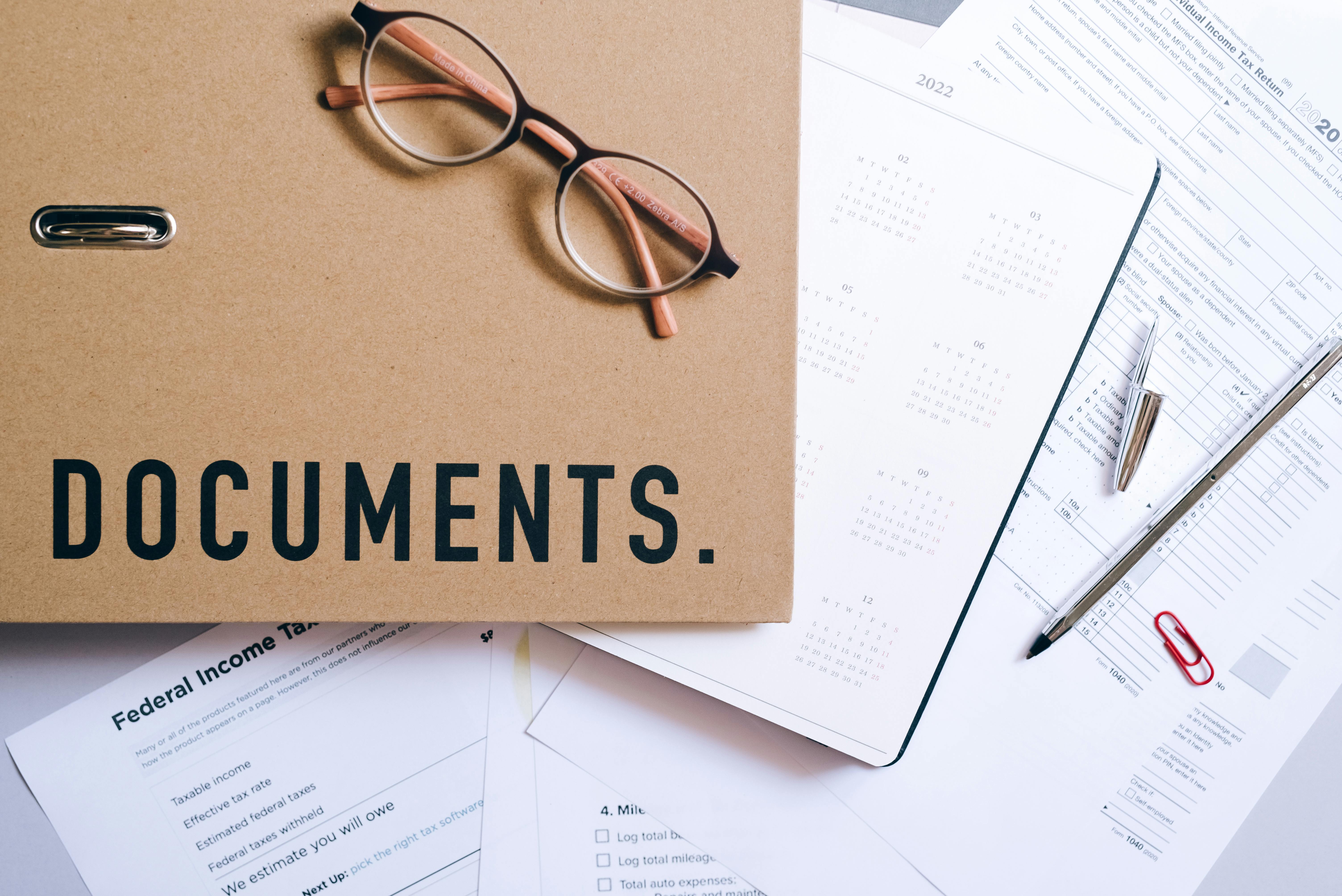Living in a hyper-connected society, it seems that concentrating on a task is a mythical quest. A blast of the social media siren, murmur of the office, buzz of notifications all weaken our focus. No wonder why most individuals cannot focus a latest study showed that the attention span of an average human being has also decreased to only 8 seconds (formally 12 second in 2000). Nevertheless, there is hope: you can train your skills of time management and establish an environment that will not cause any distractions, which will help you enhance your concentration and possibly extend your focus span. It is not just about working more -it is about lowering the stress levels, and enjoying your work more. So, how can we eliminate distractors and create a calm working place?
Why Is It So Hard to Focus Nowadays?
New things that distract are external and internal. Internal noise Intrusive things like noise, clutter, and relentless notifications are also considered bad. In the meantime, inner distractions can even be more intrusive they include daydreaming or personal anxieties that divert your concentration away from work.
These will actually affect your concentration. The studies indicate that it can take approximately 23 minutes to resume your initial activity after getting interrupted. That is, the mere ease of going to your phone, or on twitter, may take up half an hour of your time. It is not shocking when our work days are disjointed due to all the attention-grabbers surrounding us.
How to Improve Focus by Eliminating External Distractions
- Minimize noise and clutter: Use noise-cancelling headphones or white noise to mask background sound, and keep your workspace clean (put away non-essentials, tame cables) to minimize visual distractions.
- Limit notifications: Turn off unnecessary alerts on your devices. Check email and messages at set times instead of continuously, and use "Do Not Disturb" mode during deep work sessions to stay in the zone.
- Set boundaries: Let others know when you need to focus. In the office, a simple "deep work in progress" sign or wearing headphones can signal no interruptions. At home, communicate your work hours to family or roommates so they won’t disturb you.
By reducing these external distractions, you create an environment that supports concentration. A quieter, cleaner, notification-free workspace makes it much easier to give your full attention to the task at hand.
Time Management Techniques to Improve Concentration
Eliminating the clutter is half the job. The other 50 percent is structuring your time and routines to increase concentration. These are tested methods of managing time to enhance concentration:
1. Plan and block: Set aside time blocks your most important items must get done. To take one reluctant problem solver as an example, you could designate an hour of your top-priority project in the morning, followed by 30 minutes on email. Timetabling your duties facilities this training since it trains you not to multitask but rather develop the ability of concentrating on one thing at a time.
2. The Pomodoro Technique: Concentrate on a working sprint (e.g. 25 minutes) and then reward yourself with a 5-minute break. Have a longer rest after 4 cycles. This approach enables you to achieve great concentration and reset your brain on a regular basis.
3. Do one thing at a time: The urge or desire to multitask is imaginary, hence you can reduce productivity by a margin of 40%. Where something can be done in one go, do it (or as long as you have until you are due to do it). In case new ideas or demands arise, write them down so that you can attend to them later than lose focus in the course of your flow.
These strategies of creating focus blocks, working on timed intervals and single-tasking commitment train your brain to focus. Eventually you will probably realize that with practice you become more productive in less time as you are focused on the work you are doing.
How to Improve Attention Span with Mindfulness and Habits
Even with excellent time organization, there has to be healthy habits to maintain focus. So, the following are the suggestions on how to increase attention span and be sharp minded:
1. Be mindful: Whether it is a brief meditation or slow-breathing session, they will do miracles to your concentration. Five minutes of deep breathing or a brief application of the mindfulness area can open your thoughts and re-focus your attention.
2. Have frequent breaks: It may not make much sense, but taking a break will help in increasing concentration. After each hour (or so), be sure to get up, stretch or go on a brisk walk. Pack in some runs and drinks a glass of water as you go by as a little exercise and liquid intake will refresh your neurons and make you come back to work more focused.
3. Write a schedule: A routine helps your brain to be in work mode more quickly. Attempt to get work at a similar time and in a similar area day to day. A devoted work area (maybe not even a whole department, but at least a particular table or corner) trains your brain that you are now ready to concentrate when you go toward it.
4. Reward your attention: This is another one you see frequently: and once you complete a difficult task or you have completed a decent chunk of concentrated work, reward yourself in a small way, either stretch, get a snack or do a few minutes of some favourite thing. Positive reinforcement eases (and heartens) the process when the time comes to knuckle down.
Conclusion: Your Focus Sanctuary Awaits
Creating a distraction-free, focused work life is not an overnight project, but every little step counts. Use one or two changes suggested in this guide and build them slowly. These habits and time organization methods will become an unconscious routine over time, and you can notice a progress in your focus or concentration and your ability to concentrate and maintain attention will get longer. Consider the day of not having to scramble on refocusing after every interruption, and not having to fight with a wandering mind. You will instead get in the zone, get your most important work done, and finish the day less stressed and more satisfied. With regular practice of these techniques, paying better attention and focusing your mind will never be a problem, it will become a natural. It is in your hands to provide yourself with an oasis of concentration, and the reward will be a new degree of performance and satisfaction in relation to your work.
.svg)
.png)





